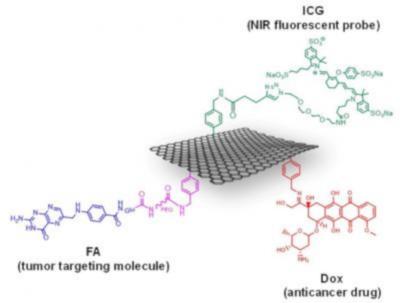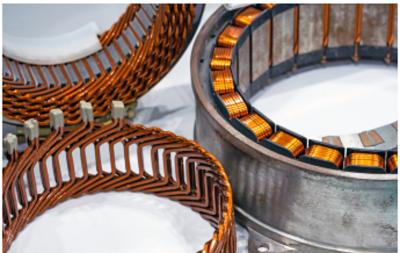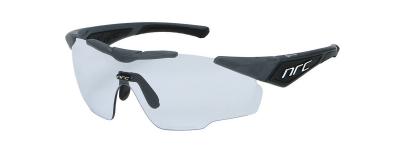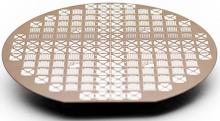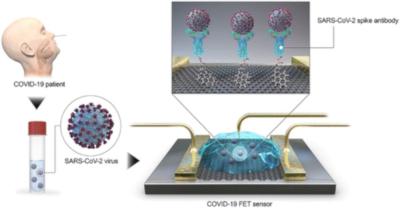Zen Graphene Solutions and Graphene Composites collaborate on graphene ink on fabrics for Coronavirus protection

 ZEN Graphene Solutions has announced an international collaboration with UK-based Graphene Composites to fight COVID-19 by developing a potential virucidal graphene-based composite ink that can be applied to fabrics including N95 face masks and other personal protective equipment (PPE) for significantly increased protection. Once the development, testing, and confirmation of the graphene ink's virucidal ability have been completed, the ink will then be incorporated into fabrics used for PPE.
ZEN Graphene Solutions has announced an international collaboration with UK-based Graphene Composites to fight COVID-19 by developing a potential virucidal graphene-based composite ink that can be applied to fabrics including N95 face masks and other personal protective equipment (PPE) for significantly increased protection. Once the development, testing, and confirmation of the graphene ink's virucidal ability have been completed, the ink will then be incorporated into fabrics used for PPE.
Francis Dubé, CEO of ZEN commented, "We are pleased to be collaborating with GC and be on the forefront of a new innovative technology that could contribute to combating the deadly COVID-19 virus. The development of this potential COVID-19 virucidal graphene ink is coming at a crucial time to provide effective PPE supplies for the safety of frontline workers and hospital staff." Dr. Dubé continued, "The current N95 masks trap the virus but don't kill it. Our testing will demonstrate if the graphene ink is an effective virucide which would kill the virus as this could make a big difference to people's safety. We have been very impressed by the Graphene Composites team and look forward to continued collaborations."


